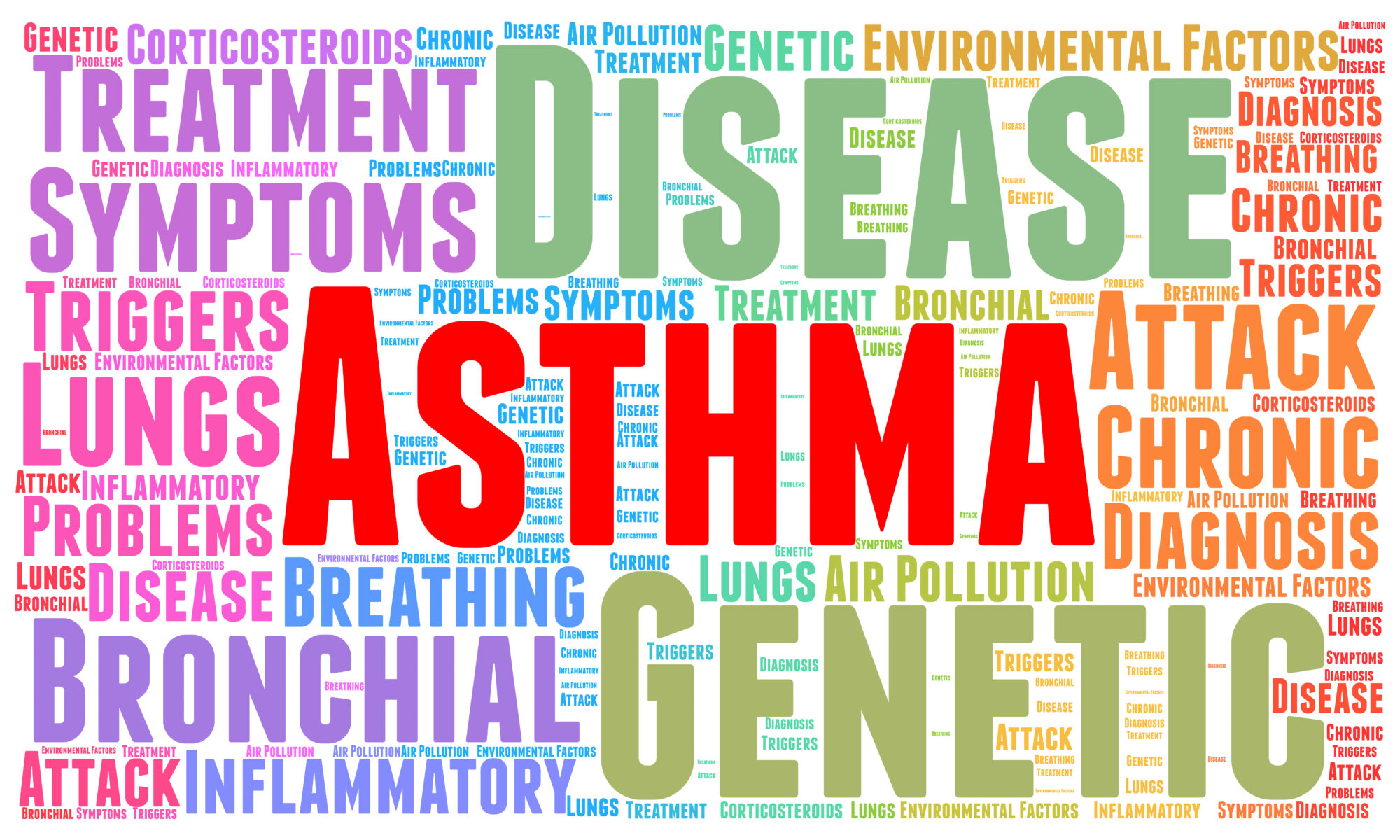During the last decade, incredible improvements in the speed, accuracy and cost-effectiveness of whole-genome sequencing have accelerated our understanding of genetic disorders. An international Leukodystrophy Study Group, including researchers with Baylor Scott & White Research Institute (BSWRI), has used these next-generation sequencing methods to reveal the genetic abnormalities in a cohort of 71 persistently undiagnosed individuals with suspected leukodystrophy. Leukodystrophies are rare genetic disorders that disrupt the myelin sheath, which forms the white matter in the brain.




